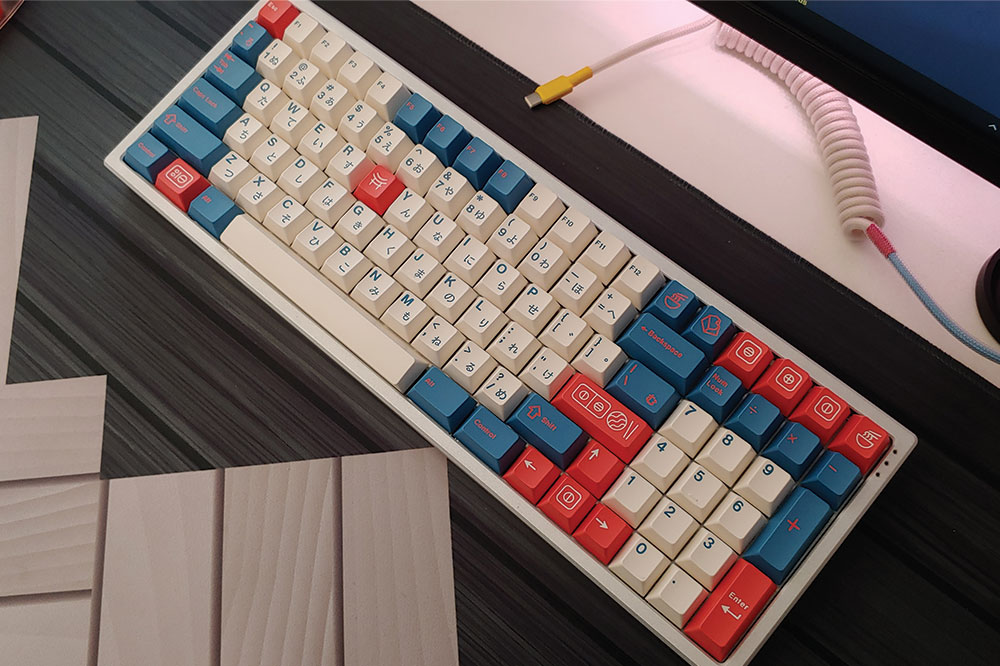Comprehensive Guide to the Benefits of Using Linux as Your Operating System
Discover the comprehensive advantages of using Linux as your operating system. From its open-source flexibility, robust security, easy installation, to customizable desktop environments, learn why Linux is becoming the preferred choice for tech enthusiasts, developers, and security-conscious users worldwide. This article explores why Linux stands out as a secure, flexible, and efficient OS for various needs and hardware configurations, highlighting its growing significance in diverse computing environments.

Comprehensive Guide to the Benefits of Using Linux as Your Operating System
Since its inception in 1991 by the brilliant programmer Linus Torvalds, Linux has become a groundbreaking force in the world of computer operating systems. Its open-source nature and robust architecture have revolutionized how users and developers approach computing. While many individuals and organizations are familiar with proprietary operating systems like Windows and macOS, Linux offers a unique set of advantages that make it an increasingly attractive alternative. In this detailed guide, we will explore the top benefits of choosing Linux as your primary operating system, shedding light on why it has grown in popularity among diverse user groups worldwide.
Open-source code enables unparalleled customization and flexibility: One of Linux’s hallmark features is its open-source code, which is freely accessible to anyone with internet access. Unlike proprietary OS platforms, Linux allows users to view, modify, and distribute its source code, fostering an environment ripe for innovation. This level of transparency gives developers, tech enthusiasts, and organizations the ability to craft customized versions of Linux tailored to specific needs. Whether it's tweaking the interface, optimizing performance, or adding new functionalities, Linux’s open nature ensures limitless possibilities for personalization. This flexibility surpasses traditional operating systems such as Windows and macOS, which are closed-source and restrictive in customization.
This openness encourages community-driven development, ensuring rapid improvements, security patches, and innovative features emerge regularly. It also empowers users to create specialized distributions, or “distros,” designed for various purposes—be it lightweight systems for older hardware, secure environments for cybersecurity professionals, or feature-rich platforms for developers. By giving users control over their operating environment, Linux promotes a culture of customization that appeals to a broad spectrum of users.
This openness fosters innovation, allowing users to adapt and evolve their systems according to changing requirements. It also substantially enhances security, as open source code can be inspected for vulnerabilities and swiftly patched, reducing the risk of malware infections and security breaches.
Built-in security features ensure safer computing experiences: Security is a primary consideration in Linux’s design. The system architecture inherently reduces vulnerabilities common in other operating systems like Windows or macOS. Linux’s permission and user privilege models prevent unauthorized access, adding an extra layer of security. Consequently, Linux machines experience fewer malware and virus threats, making them an ideal choice for users concerned with data protection. Moreover, the large community of Linux developers actively reviews code, identifying and fixing security flaws rapidly. Unlike Windows, which often relies on third-party antivirus solutions, Linux’s architecture minimizes the need for such software, streamlining security management.
Regular updates and open scrutiny contribute to the system’s robust security profile. This is particularly advantageous for organizations handling sensitive data, developers working in secure environments, and tech-savvy individuals who prioritize safety in their computing activities.
Simplified installation and setup processes cater to all skill levels: Another notable advantage of Linux is its user-friendly installation procedures. Modern Linux distributions like Ubuntu, Linux Mint, Fedora, and Debian have dedicated software centers that simplify the process of installing applications and operating system components. Users can browse, select, and install programs with just a few clicks, eliminating the need for complex configurations. The installation process itself has become streamlined, often completing in minutes even on modest hardware configurations.
Additionally, Linux is known for its lightweight design, which means it can efficiently utilize available hardware resources. This makes it an excellent choice for aging computers or systems with limited specifications, extending their usability and performance. Many distributions are designed to run smoothly on low-spec hardware, making Linux accessible to users worldwide, regardless of their device’s age or capabilities.
Wide array of desktop environments and user interfaces: Linux offers a diverse selection of desktop environments tailored to various user preferences and needs. Popular options include Ubuntu’s GNOME interface, KDE Plasma, MATE, Cinnamon, Budgie, and Enlightenment, among others. These environments are highly customizable, allowing users to personalize their workspace extensively—changing themes, icons, layouts, and functionality. For developers, programmers, or power users, Linux provides advanced tools and options to optimize workflows and increase productivity.
Moreover, lightweight desktop environments like Xfce or LXQt cater to users seeking minimal resource consumption, ensuring better performance on hardware with limited processing power. This diversity empowers users to choose interfaces that best fit their comfort and requirements, enhancing overall user experience.
In conclusion, Linux’s open-source nature, strong security features, ease of installation, and customizable desktop environments make it a compelling choice for a wide range of users. Whether you're a developer, cybersecurity professional, student, or everyday user seeking a stable and flexible operating system, Linux offers a wealth of benefits that can significantly enhance your computing experience.





